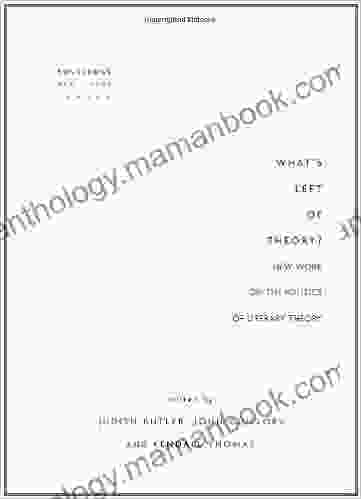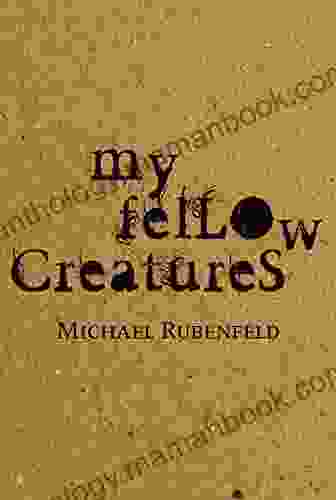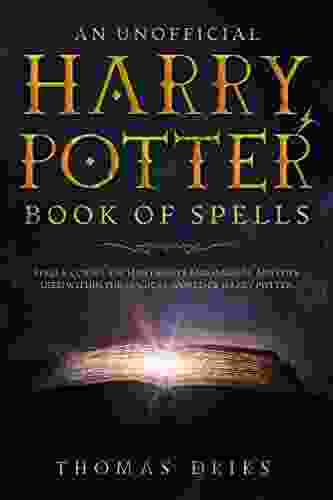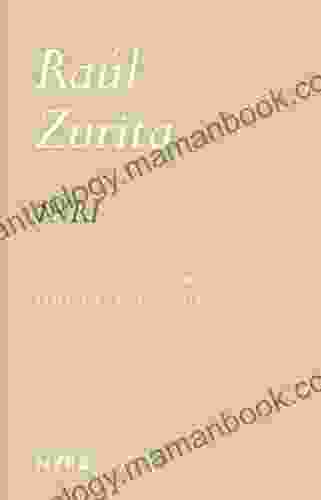Exploring Feminism Through the Lens of Poststructuralism: Interrogating Power and Identity in Education

The convergence of feminist and poststructuralist theories has had a profound impact on the field of education, challenging traditional assumptions and fostering a critical understanding of the complex interplay between power, knowledge, and identity. This article delves into the multifaceted nature of feminist poststructural theory in education, examining its implications for research and educational practices.
4 out of 5
| Language | : | English |
| File size | : | 4058 KB |
| Text-to-Speech | : | Enabled |
| Screen Reader | : | Supported |
| Word Wise | : | Enabled |
| Print length | : | 332 pages |
| X-Ray for textbooks | : | Enabled |
Feminist Poststructuralism: Interrogating Power and Identity
Feminist poststructuralism emerged as a critique of traditional feminist theories, which were viewed as essentialist and overly focused on biological determinism. Instead, feminist poststructuralists argue that gender is a socially constructed category that is constantly shaped and reshaped by cultural, political, and economic forces.
Drawing inspiration from poststructuralist philosophers such as Michel Foucault and Jacques Derrida, feminist poststructuralists posit that knowledge is not objective but rather a product of power relations. Discourse, the ways in which we talk and write about the world, is seen as a tool that both reflects and reinforces social power structures.
Implications for Education
Feminist poststructuralism has significant implications for education. By challenging traditional notions of gender and knowledge, it opens up new possibilities for understanding and addressing issues of inequality and oppression in educational settings.
Firstly, feminist poststructuralism emphasizes the need to recognize and critique the ways in which power relations operate within educational institutions. This includes examining how gendered discourses and practices shape student experiences, curricula, and assessment.
Secondly, it encourages educators to adopt a more critical stance towards their own practices, recognizing their role in perpetuating or disrupting existing power structures. This involves reflecting on their assumptions, language, and teaching methods to identify and challenge any biases that may be present.
Research Methods
Feminist poststructuralist research in education draws on a range of qualitative methods that prioritize subjectivity, interpretation, and the examination of power dynamics. These methods include:
- Discourse analysis: Analyzing texts, conversations, and other forms of discourse to identify how gender and other power relations are constructed and maintained.
- Ethnography: Conducting in-depth observations and interviews within educational settings to explore the lived experiences of students and educators, paying attention to the ways in which gender and other social categories shape their interactions and experiences.
- Autoethnography: Using personal narratives and self-reflection to explore the researcher's own experiences and positionality in relation to the research topic.
Challenges and Future Directions
While feminist poststructuralism offers a valuable critical lens for understanding education, it is not without its challenges. One criticism is that its focus on subjectivity and interpretation can make it difficult to generalize findings from research studies.
Despite these challenges, feminist poststructural theory and methods continue to gain traction in education research and practice. As the field continues to evolve, scholars and educators are exploring new ways to apply these approaches to address pressing issues of equity, justice, and social transformation.
Feminist poststructural theory and methods provide a powerful framework for understanding the complex interplay between gender, power, and identity in education. By interrogating traditional notions of knowledge and power, feminist poststructuralists offer a critical lens that challenges inequality and oppression in educational settings.
As the field continues to grow and evolve, feminist poststructuralism will undoubtedly continue to shape our understanding of education and its transformative potential.
4 out of 5
| Language | : | English |
| File size | : | 4058 KB |
| Text-to-Speech | : | Enabled |
| Screen Reader | : | Supported |
| Word Wise | : | Enabled |
| Print length | : | 332 pages |
| X-Ray for textbooks | : | Enabled |
Do you want to contribute by writing guest posts on this blog?
Please contact us and send us a resume of previous articles that you have written.
 Top Book
Top Book Novel
Novel Fiction
Fiction Nonfiction
Nonfiction Literature
Literature Paperback
Paperback Hardcover
Hardcover E-book
E-book Audiobook
Audiobook Bestseller
Bestseller Classic
Classic Mystery
Mystery Thriller
Thriller Romance
Romance Fantasy
Fantasy Science Fiction
Science Fiction Biography
Biography Memoir
Memoir Autobiography
Autobiography Poetry
Poetry Drama
Drama Historical Fiction
Historical Fiction Self-help
Self-help Young Adult
Young Adult Childrens Books
Childrens Books Graphic Novel
Graphic Novel Anthology
Anthology Series
Series Encyclopedia
Encyclopedia Reference
Reference Guidebook
Guidebook Textbook
Textbook Workbook
Workbook Journal
Journal Diary
Diary Manuscript
Manuscript Folio
Folio Pulp Fiction
Pulp Fiction Short Stories
Short Stories Fairy Tales
Fairy Tales Fables
Fables Mythology
Mythology Philosophy
Philosophy Religion
Religion Spirituality
Spirituality Essays
Essays Critique
Critique Commentary
Commentary Glossary
Glossary Bibliography
Bibliography Index
Index Table of Contents
Table of Contents Preface
Preface Introduction
Introduction Foreword
Foreword Afterword
Afterword Appendices
Appendices Annotations
Annotations Footnotes
Footnotes Epilogue
Epilogue Prologue
Prologue J L Brown
J L Brown Frederick Lewis Allen
Frederick Lewis Allen Dr David E Roots Chapman
Dr David E Roots Chapman Rm Vaughan
Rm Vaughan Toby Neal
Toby Neal Fumiaki Shingu
Fumiaki Shingu Sara Delano Moore
Sara Delano Moore Mark Nepo
Mark Nepo David Mann
David Mann Carla A Norde
Carla A Norde Gilbert G Gonzalez
Gilbert G Gonzalez Michael Martin
Michael Martin Jen Silverman
Jen Silverman Christian Sebastian Loh
Christian Sebastian Loh Ricardo Stern
Ricardo Stern Robert H Cataliotti
Robert H Cataliotti Sinistre Ange
Sinistre Ange J Hawki
J Hawki Hardik Ashwin Pandya
Hardik Ashwin Pandya John Carey
John Carey
Light bulbAdvertise smarter! Our strategic ad space ensures maximum exposure. Reserve your spot today!
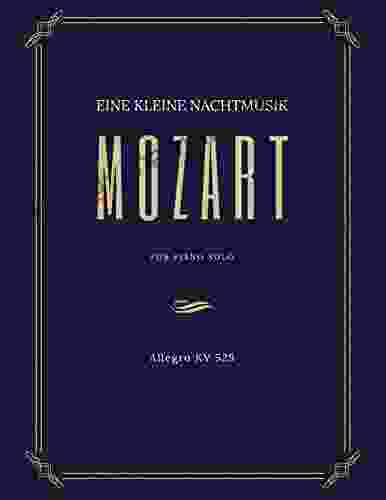
 Anthony BurgessEine Kleine Nachtmusik: An In-depth Exploration of Mozart's Allegro KV 525...
Anthony BurgessEine Kleine Nachtmusik: An In-depth Exploration of Mozart's Allegro KV 525...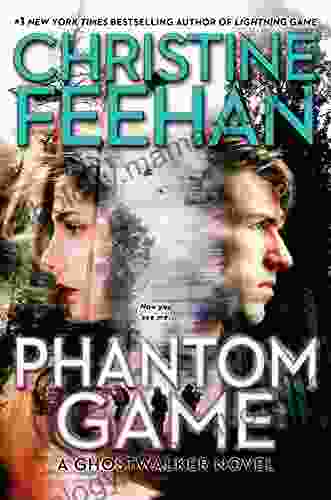
 Jan MitchellUnveiling the Secrets of Phantom Game Ghostwalker Novel 18: A Literary Enigma
Jan MitchellUnveiling the Secrets of Phantom Game Ghostwalker Novel 18: A Literary Enigma Leslie CarterFollow ·18.9k
Leslie CarterFollow ·18.9k Deion SimmonsFollow ·11.1k
Deion SimmonsFollow ·11.1k Theo CoxFollow ·2.2k
Theo CoxFollow ·2.2k Ernest J. GainesFollow ·2.9k
Ernest J. GainesFollow ·2.9k Robin PowellFollow ·2.4k
Robin PowellFollow ·2.4k Don ColemanFollow ·8.1k
Don ColemanFollow ·8.1k Steven HayesFollow ·5k
Steven HayesFollow ·5k Raymond ChandlerFollow ·13.5k
Raymond ChandlerFollow ·13.5k
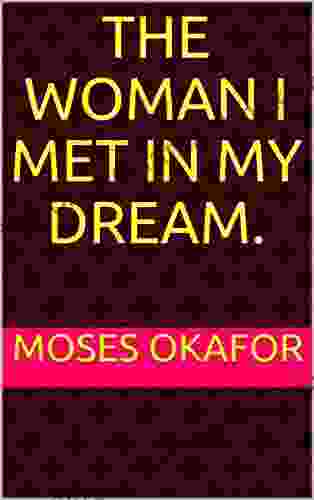
 Vernon Blair
Vernon BlairThe Woman I Met in My Dream: An Unforgettable Night of...
As the veil of night...
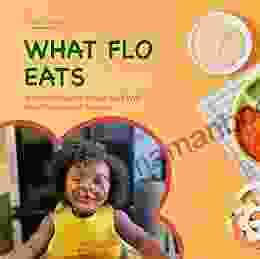
 Carlos Fuentes
Carlos FuentesThe Ultimate Guide to Healthy Eating for Toddlers: Meal...
As a parent of a...
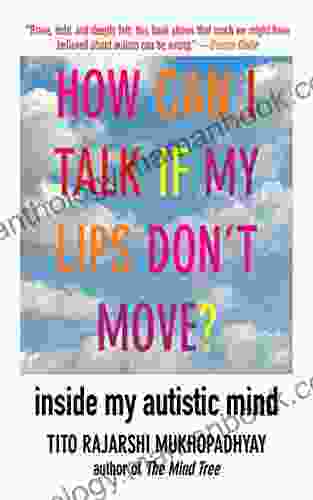
 Peter Carter
Peter CarterInside My Autistic Mind: A Journey of Self-Discovery and...
Autism spectrum disorder (ASD) is a...
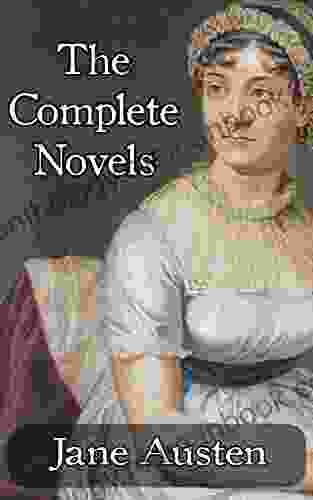
 Isaac Asimov
Isaac AsimovA Journey Through Jane Austen's Literary Masterpieces:...
Jane Austen, the renowned English...
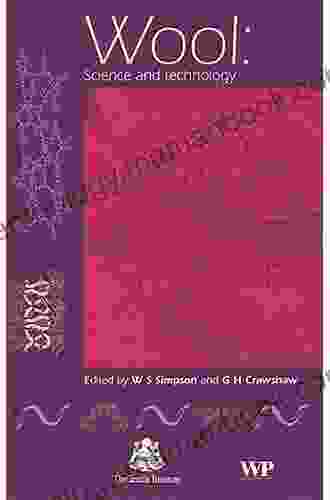
 Hank Mitchell
Hank MitchellAdvancements in Textiles: Science and Technology by...
The textile...
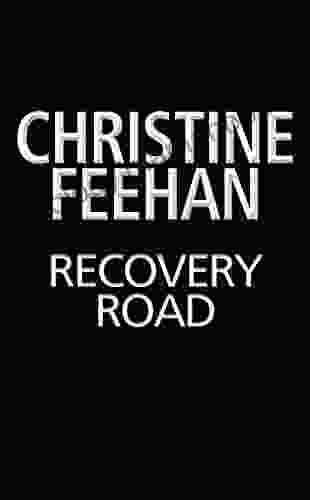
 Troy Simmons
Troy SimmonsRecovery Road: An Odyssey of Hope and Redemption by...
Recovery Road is a...
4 out of 5
| Language | : | English |
| File size | : | 4058 KB |
| Text-to-Speech | : | Enabled |
| Screen Reader | : | Supported |
| Word Wise | : | Enabled |
| Print length | : | 332 pages |
| X-Ray for textbooks | : | Enabled |


